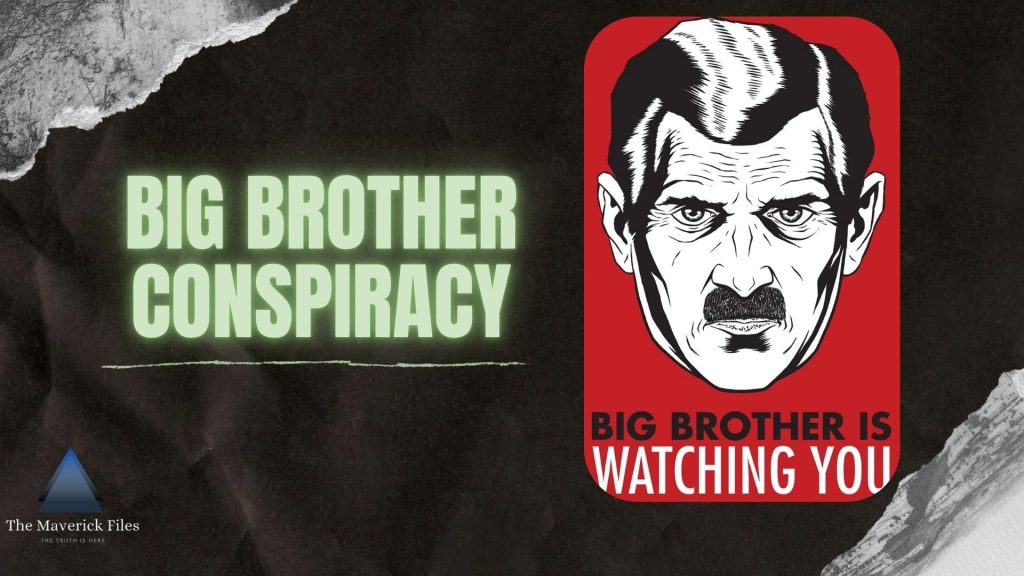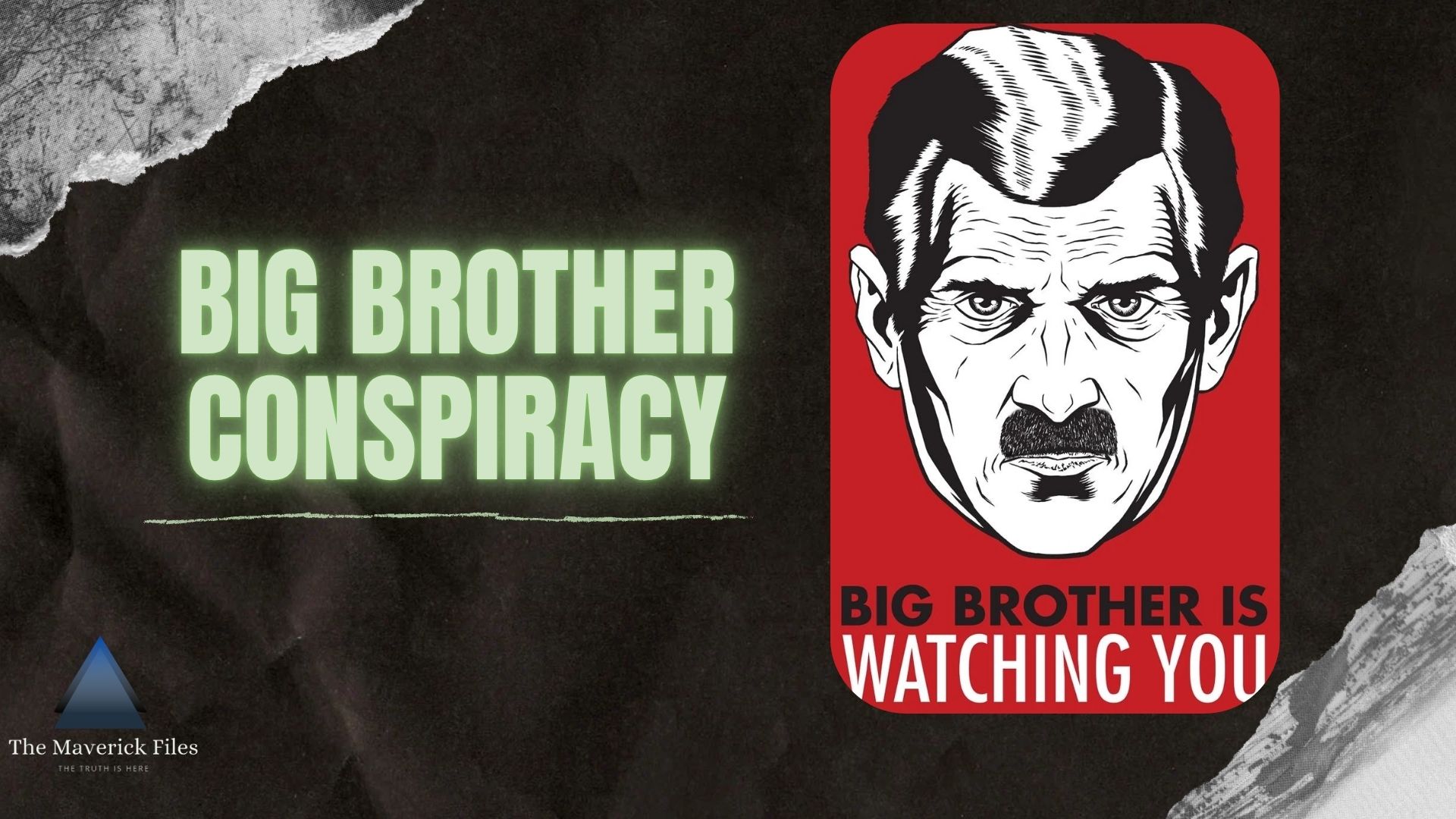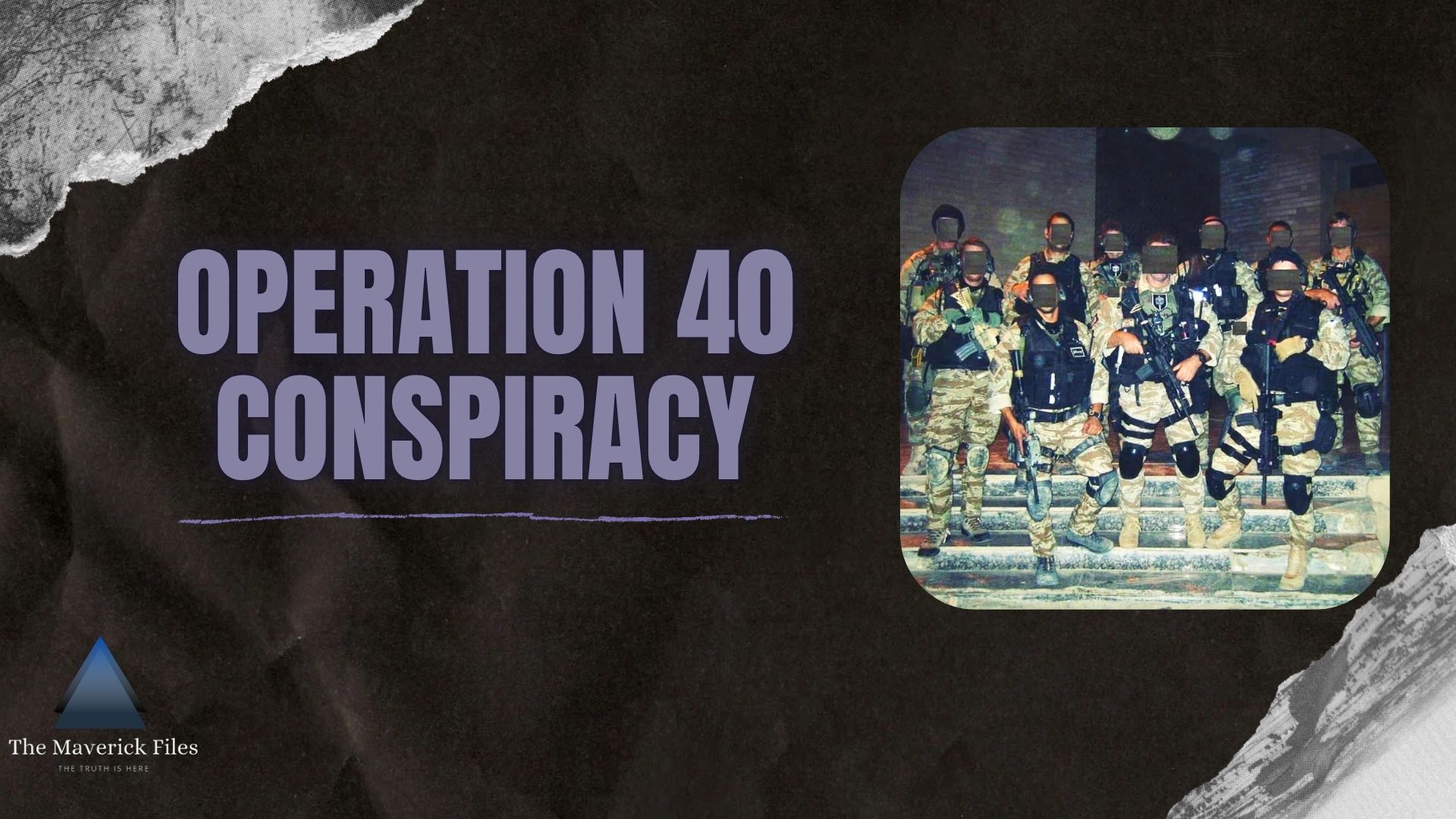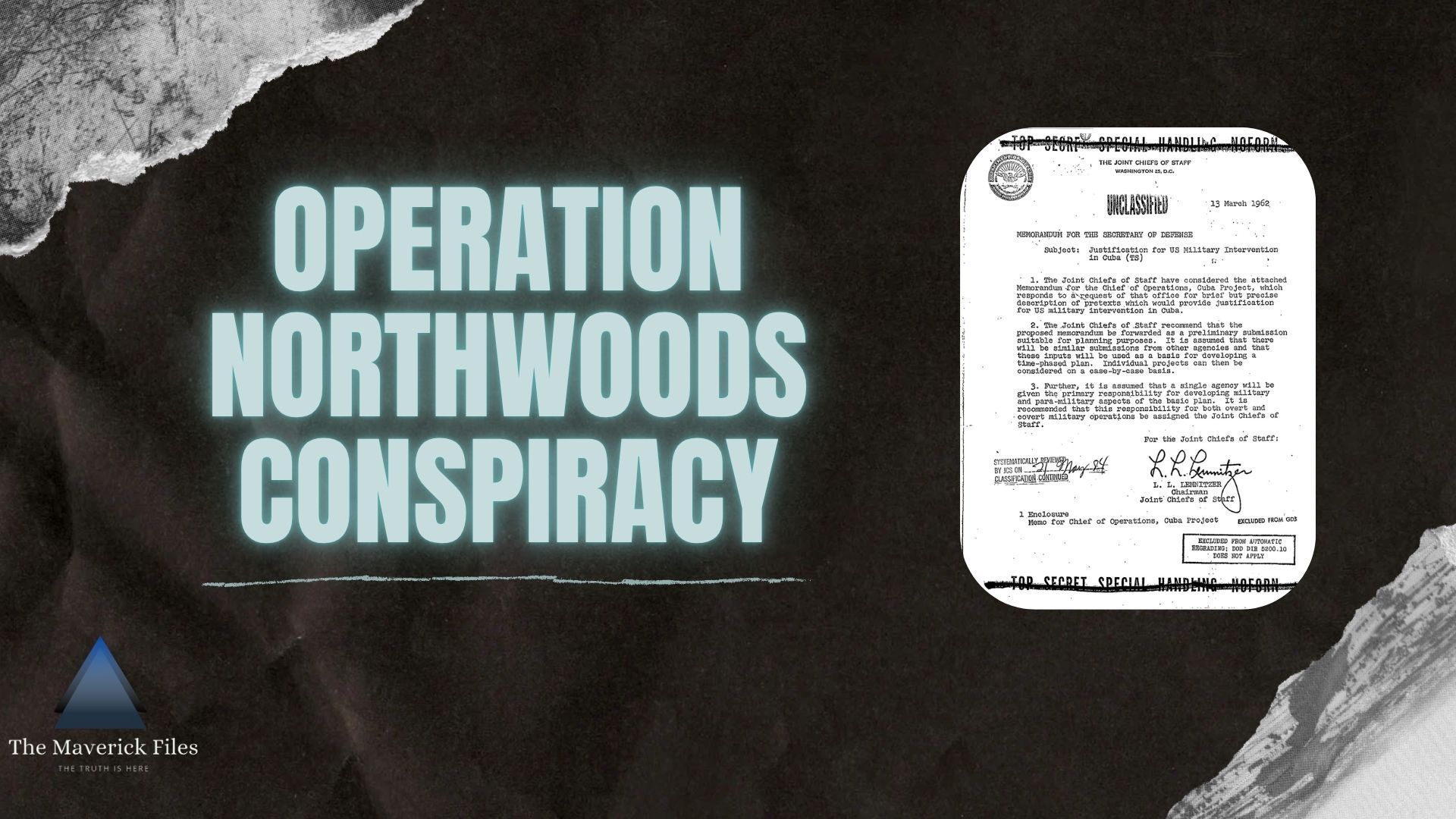
By Maverick
When Eric Blair, aka George Orwell, published his book 1984, he imagined a dystopian world where the government aka “Big Brother,” watched every move of its citizens. Decades later, that fiction began to “feel” disturbingly real.
In the aftermath of September 11th, 2001, the United States entered a new era of security and surveillance. Behind the scenes, government agencies, particularly the National Security Agency (NSA), expanded their power to collect, analyze, and monitor data on an unprecedented scale, LEGALLY.
This vast surveillance network remained largely hidden until Edward Snowden, a government contractor, exposed it in 2013 through leaked documents. His revelations, along with the earlier work of WikiLeaks, pulled back the curtain on a secret digital empire, forcing the world to question how much privacy must be sacrificed in the name of national security and public safety.
Before the 9/11 attacks in 2001, U.S. surveillance efforts were supposedly limited primarily to foreign intelligence gathering. The NSA, founded in 1952, focused on monitoring communications from hostile nations during the Cold War. That’s what is on record, but many are led to believe that the NSA has been a domestic super spy agency since its inception. Everything that was the law changed after 9/11. The attacks made it appear that terrorist networks could operate invisibly, using worldwide communications and encryption to evade detection. It was the perfect excuse to shake things up, following 9/11, wouldn’t you agree? It’s like the government deliberately fucked up and they “failed” to track and thwart 19 immigrants from committing one of the deadliest acts of terrorism in world history.
Therefore, the rest of us have to pay the price with this endless surveillance state because they didn’t seemingly do the job from the get-go, or claimed to have had limited powers and resources. It’s also interesting how post-9/11, they never got tough on immigration either, and people were allowed to come and go as they pleased at the border, especially under the Biden administration. Out of those 15-20 million people illegally entering the country unvetted during those 4 years alone, how many of them could’ve been determined radical jihadists like the Al-Qaeda Hamburg Cell in Germany, that allegedly committed 9/11? It’s just more proof that the government knew for certain that there wasn’t an imminent danger still lurking, because they are the danger they claim Al-Qaeda and other networks are. The bottom line is, Al-Qaeda and terrorism were a fictional boogeyman entity.
The U.S. government argued that all this was necessary to “prevent future attacks.” Meanwhile, all they had to do was do their damn job in the first place, not ramp up security, amend the constitution, and infringe on our civil rights. Let’s be clear once more, it wasn’t due to a lack of funding or resources; it was the fact that the government purposely looked the other way in preventing 9/11. Common sense tells us this, their own reports tell us this. It wasn’t a total and complete failure of imagination. In response, the U.S. government vastly expanded its domestic surveillance powers, arguing that such measures were necessary to prevent future attacks. Now you can see why there are endless conspiracy theories pertaining to just 9/11.
The next phase of U.S. citizens forking over their rights to big government was signed into law by President George W. Bush on October 26th, 2001, the USA PATRIOT Act (Uniting and Strengthening America by Providing Appropriate Tools Required to Intercept and Obstruct Terrorism) became the legal backbone of mass surveillance in America.
Key Provisions of the PATRIOT Act:
1. Section 215 – “Business Records” Provision
This section allowed the FBI and NSA to obtain any tangible records, such as phone logs, internet data, library records, and credit card transactions, if deemed “relevant” to a terrorism investigation.
In practice, it led to bulk data collection where the NSA secretly gathered millions of Americans’ phone records, regardless of whether they were suspected of any crime, like what the hell?
2. Section 206 – “Roving Wiretaps”
Allowed surveillance on individuals across multiple communication devices (phones, computers, etc.) without needing a new warrant for each one. So your right to privacy became no more, but yeah, this is still the same America we’ve always known. Right…
3. Expanded National Security Letters (NSLs)
Gave the government the ability to demand personal information from companies, like internet service providers, without a judge’s approval, often accompanied by gag orders preventing the company from disclosing the request.
The Patriot Act was passed quickly, with little public debate, during a period of national fear. How convenient. While it gave intelligence agencies powerful tools to fight supposed terrorism, it also blurred the lines between national security and civil liberty. People back then seemed to have no problem capitulating their constitutional rights, including the right to privacy.
Under the legal framework of the Patriot Act, the NSA developed numerous programs to collect and analyze both domestic and international communications. One of the most infamous programs revealed by Edward Snowden was PRISM, which allowed the NSA to directly access data from major tech companies, including Google, Apple, Microsoft, and Facebook.
Through PRISM, the NSA could legally collect emails, chat logs, cloud-stored files, video calls, and more, all without individual warrants, all to monitor potential foreign terrorists, keyword foreign. Why in the actual fuck were Americans, especially legal citizens, getting spied on without checks and balances? Too much power was wielded post-9/11 within these government agencies. The reality is that millions of ordinary users’ data were swept up in the process. Yet they tout that Russia and China have all our personal data and see everything we do, but it’s ok that the U.S. government does it as long as it’s under the guise of thwarting future occurrences? Right…
Another Snowden revelation, XKeyscore, was described as the NSA’s search engine for the world’s private internet activity. Analysts could query virtually any data from browser histories and social media activity to emails with minimal oversight.
Upstream Collection was another program that intercepted global communications as they traveled through the internet’s backbone, the high-capacity fiber optic cables connecting the world’s data centers. This meant the NSA could tap directly into the internet’s infrastructure and monitor data in real time.
Let’s go back to Edward Snowden for a second and how he became tied to all this. He was a systems analyst working for Booz Allen Hamilton, a private contractor for the NSA, based in Hawaii. In 2013, he copied and leaked thousands of classified documents detailing the NSA’s global surveillance apparatus. He provided these documents to journalists published them through outlets like The Guardian and The Washington Post. Snowden’s leaks showed that:
• The NSA was collecting metadata on virtually all U.S. phone calls.
• It spied not only on suspected terrorists but also on ordinary citizens, journalists, and foreign leaders.
• Global tech giants were cooperating, willingly or under pressure, with government data requests. Big government was our daddy now.
Following the leaks, Snowden fled to Hong Kong, then Russia, where he received asylum. The U.S. charged him under the Espionage Act, and he remains in exile today, which is a very astute move. His revelations ignited a worldwide debate about privacy, government transparency, and the balance between security and freedom. Some hailed him as a heroic whistleblower; others branded him a traitor who endangered national security, like really? A traitor to national security? You, the government, are traitors to the American people you claim to serve and work for by “legally” spying on us as if we’re the same terrorists that allegedly committed 9/11. You’re a disgrace and an embarrassment! (Just needed to briefly channel my frustration, as this would make any rational person infuriated)
Let’s briefly dive into WikiLeaks and what it is, shall we, because that’s also important and ties into the theme of this blog. WikiLeaks was founded in 2006 by Julian Assange (an Australian editor, publisher, and activist) , which is a non-profit organization that publishes classified, censored, or otherwise restricted documents provided by anonymous sources, essentially exposing the government and its secrets. This is what our taxpayer dollars are funding: a bunch of power-hungry vultures that make money to monitor and spy on us.
WikiLeaks first gained attention with leaks about corruption in Kenya, the Church of Scientology, and U.S. diplomatic cables. Other revelations included:
• 2010 “Collateral Murder” Video: A U.S. military helicopter attack in Baghdad that killed civilians and two Reuters journalists.
• Iraq and Afghanistan War Logs: Hundreds of thousands of classified military reports exposing civilian casualties and U.S. cover-ups.
• U.S. Diplomatic Cables: Exposed internal communications revealing candid assessments of world leaders and international relations.
Like Snowden, Assange also had to seek refuge in the Ecuadorian Embassy in London in 2012 to avoid extradition, first to Sweden over sexual assault allegations (which were later dropped), and then to the United States, where he faces charges under the Espionage Act for leaking government secrets. You would think “we the people” should have a say in what happens to Assange and if he really committed espionage. He did this country a great service because the government is clearly corrupt and hiding god knows how many secrets from us, all under the guise of “national security.” It’s bullshit. Assange was arrested in 2019 after Ecuador revoked his asylum and has since been held in Belmarsh Prison in the U.K. The U.S. seeks his extradition to face up to 175 years in prison, though his supporters argue it’s a political prosecution threatening press freedom. Legal appeals over his extradition are still ongoing. How this man is still alive knowing what he knows is beyond me. I’m sure he’s useful to other foreign governments too, that would love to learn the secrets of the U.S. government.
As a result of the Snowden leaks and WikiLeaks publications, it triggered a worldwide reckoning. Congressional hearings exposed the NSA’s overreach, President Obama acknowledged the need for reform, later signing the USA Freedom Act (2015), which ended bulk collection of phone metadata, tech companies began adopting end-to-end encryption and transparency reports to reassure users, and citizens around the world became more aware of how much data governments and corporations collect daily.
Still, much of the NSA’s global surveillance infrastructure remains active today, and modern intelligence sharing between the so-called Five Eyes alliance (U.S., U.K., Canada, Australia, and New Zealand) continues in secrecy.
The story of NSA surveillance, the Patriot Act, Edward Snowden, and WikiLeaks is not just about espionage; it’s about power, ethics, and trust. The Patriot Act gave the legal framework. The NSA built the machinery. Snowden and WikiLeaks exposed it to the world. Thank god for them.
Today, digital privacy remains one of the defining struggles of our age. Every time we send a message, make a purchase, or search online, fragments of our identity are stored, tracked, and analyzed. It always seems that anyone who goes against what the government is for is a traitor, to them perhaps, but not to the people of this country. Please share your thoughts in the comment section. Be well.




